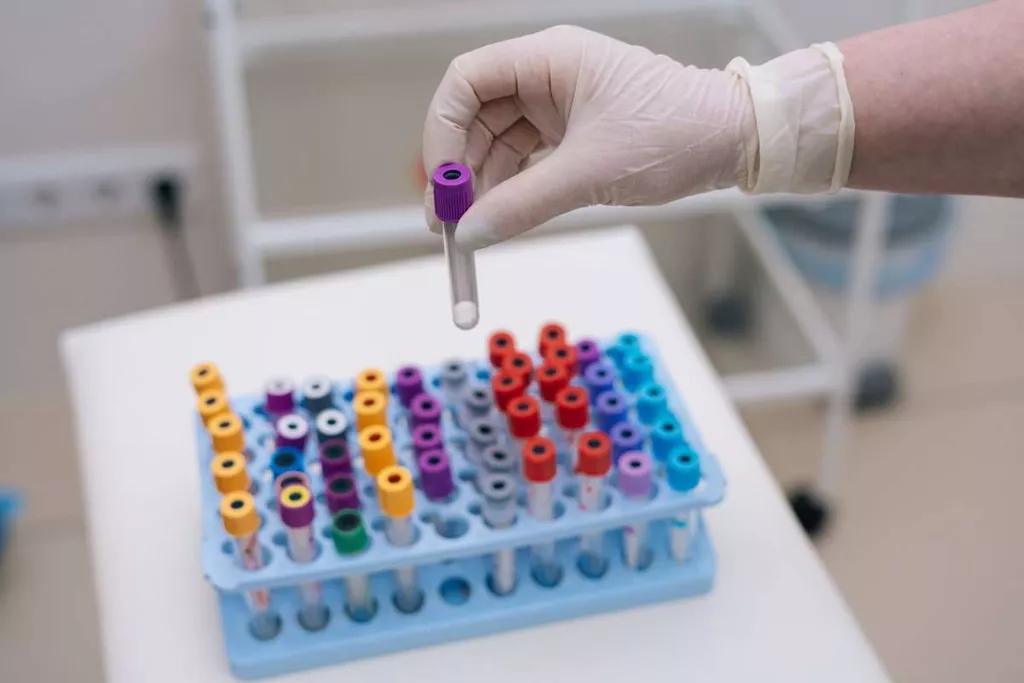
However, if the condition has progressed to Korsakoff’s syndrome, the symptoms are generally not reversible. Once the proper balance has been thrown off, it’s difficult for the gut to absorb the right nutrients from food. When it can’t absorb enough thiamine over a long period of time, the chance of that individual developing WK Syndrome goes up dramatically.

What are the Symptoms of Wet brain?

Excessive alcohol use can impact a person’s emotions and personality, and lead to impairments in perception, learning, and memory. Alcohol dementia can impact a person’s memory, learning, reasoning, personality, mood, and social skills. If you or a loved one are experiencing alcohol withdrawal symptoms, it is important to get professional help right away. Alcohol withdrawal occurs when a person who has been drinking an excessive amount of alcohol regularly suddenly stops drinking. Wet brain is not believed to be curable; however, with early detection and treatment, some of the effects may be reversible.

Wernicke Encephalopathy Syndrome
Detoxification is the initial step, involving the removal of alcohol from the body. Unexplained and rapid weight loss can be indicative of nutritional imbalances. Digestive issues, including nausea and vomiting, may manifest in individuals with Wet Brain.
Can Wet Brain Cause Dementia?
- Wet brain is one of many life-threatening health effects that can result from untreated alcohol use disorder.
- This energy deficiency results in cell death and neurodegeneration, particularly in areas of the brain that are sensitive to energy fluctuations, such as the thalamus and hypothalamus.
- It can potentially become so severe, in fact, that it progresses into coma-like states and even death.
- If you or a loved one is struggling with addiction, our team is here to help you find a path forward.
- It’s worth noting that wet brain syndrome is often underdiagnosed, particularly in its early stages.
- A poor diet that lacks essential nutrients, especially thiamine, can lead to a wet brain.
- For those struggling with alcohol addiction, professional treatment is the best chance of recovery.
Wernicke encephalopathy usually occurs first and causes damage to the thalamus and hypothalamus, which what is alcoholism are in the lower part of the brain. Addressing alcohol use disorder is crucial to prevent the development of wet brain. It is also essential to regularly monitor and follow up with healthcare providers to achieve continuous recovery and prevent relapse. Wernicke encephalopathy is the acute phase of WKS, characterized by sudden and severe symptoms caused by thiamine deficiency affecting the brain’s metabolic functions. Treatment strategies such as thiamine supplements, proper nutrition, and cessation of alcohol use are essential to halt the progression of the syndrome. It is crucial to recognize and address the symptoms early before they lead to permanent damage.
- These symptoms and behaviors are highly similar to other serious cognitive conditions, including Alzheimer’s Disease, Beriberi, and Leigh’s Disease.
- In this stage, serious memory loss and other damage to the brain can become permanent.
- At Cleveland Clinic, we’ll work to create a treatment plan that’s right for you.
MRI scans are essential in addition to clinical evaluation and patient history for an accurate diagnosis that effectively rules out the condition. It is possible to prevent Korsakoff psychosis, which arises after Wernicke encephalopathy, by identifying and treating thiamine deficiencies as soon as possible. WKS may be curable, although recovery is contingent upon the severity of symptoms, the kind of therapy used, and the timing of treatment. The main treatment strategy involves taking supplements of thiamine and abstaining from alcohol.
- This is particularly true for individuals who continue to consume alcohol while experiencing WKS symptoms.
- In fact, for individuals diagnosed at a very late stage (sometimes referred to as “end-stage alcoholism” with Wernicke-Korsakoff), life expectancy can be dramatically reduced.
- Allergic or anaphylactic reactions to thiamine are rare, and the overall incidence does not warrant significant concern.
- This brain disorder refers to two separate conditions that often occur together.
Early Intervention Is Key — And We’re Here to Help.
- If intervention occurs during the Wernicke’s encephalopathy stage, the outlook is much better.
- Wernicke-Korsakoff syndrome takes the first part of its name from Wernicke encephalopathy.
- That being said, there are ways to actively try and prevent wet brain from forming.
- The stages of “wet brain” are typically divided into symptoms for the two separate conditions, Wernicke’s encephalopathy and Korsakoff’s psychosis.
- These physical changes to the brain can impact other areas of the body as well.
- Early diagnosis of wet brain is essential for effective treatment of the condition.
- It is important for individuals at risk, as well as their loved ones, to be aware of the potential consequences of heavy alcohol consumption and malnutrition.
They may also notice problems in their central nervous system and extremities, like hands and feet. Whether it’s through moderate drinking, a balanced diet, or regular exercise, the choices we make every day can have a profound impact on our cognitive well-being. Wet brain syndrome is a sneaky adversary, often creeping up on individuals without much warning. The symptoms can be subtle at first, easily mistaken for the effects of intoxication or a particularly nasty hangover. However, as the condition progresses, the signs become more apparent and alarming. Research shows that early intervention can restore some mental clarity, balance, and memory, especially if combined with long-term abstinence and nutritional support.
The long-term effects of wet brain meaning wet brain, or Wernicke-Korsakoff syndrome, can be severe and life-altering. If not treated promptly, individuals may experience permanent damage to their cognitive functions and overall health. Alcohol can make it hard for the body to absorb vitamin B1 and can use up the body’s stores of vitamin B1, which is why it’s the number one cause of a wet brain.
Questions about treatment options?
In addition to memory problems, individuals with Wernicke-Korsakoff syndrome may experience difficulties with executive functions, such as planning, problem-solving, and decision-making. They may also exhibit changes in personality, mood swings, and diminished insight into their condition. It’s important to note that the symptoms of Korsakoff psychosis are generally irreversible. Without proper treatment and management, the condition can lead to permanent disability and, in severe cases, can be fatal. Discover the essential guide to Wernicke-Korsakoff syndrome, from symptoms to treatment. There are serious consequences if the stages of wet brain are not understood early enough to detect them; therefore knowing this could be very helpful for managing such a condition.
The rest may experience long-term cognitive impairments, with approximately 25% requiring institutional care. However, these signs are actually the brain’s response to severe thiamine deficiency and should be taken seriously. People with these conditions may not get enough thiamine from their diet or may struggle to absorb it properly, putting them at higher risk of neurological complications like WKS. Wernicke-Korsakoff Syndrome develops when your body doesn’t have enough vitamin B1, or “thiamine,” which lets your brain convert sugar into energy. Without enough vitamin B1, your brain doesn’t have the fuel it needs to function https://ecosoberhouse.com/article/5-signs-that-your-wine-habit-is-becoming-a-real-addiction/ properly.


